The list of protocols, systems and tools for decentralization
The web is evolving fast and over a few decades it has brought us many things we can’t even imagine living without. We all use it on a daily basis, we are connected, we use digital services but at the same time the system is a bit broken. Our personal data, privacy and trust is at stake. Big corporations own it, use it and sell it to 3rd parties. Data breaches happen and we are exposed to threats.
 on [Unsplash](https://unsplash.com?utm_source=medium&utm_medium=referral)](https://cdn-images-1.medium.com/max/7872/0*WypL0X-EqzJxQVVN)
The Web is a key space for civic debate and the current battleground for protecting freedom of expression. [dci.mit.edu/decentralizedweb](https://dci.m..
New movements are happening in order to fix those problems and they aim toward decentralization. New systems and protocols are being created that enable us to be in charge of our data, to be interconnected without a need of central units, to give trust back where it should be. There’s Web 3.0 movement that encompasses a decentralized web, blockchain technology that runs cryptocurrencies and linked data (semantic web).
Web 3.0 = Decentralized web + Blockchain + Linked Data
I am going to share with you a list of tools, protocols and other systems that are build with decentralization in mind and that you can start exploring. Internet is a vast space, so this is just a short list of resources I’ve stumbled upon recently (in no particular order).
1. The InterPlanetary File System
A peer-to-peer hypermedia protocol designed to make the web faster, safer, and more open. You can install it on your desktop or as a command line tool.
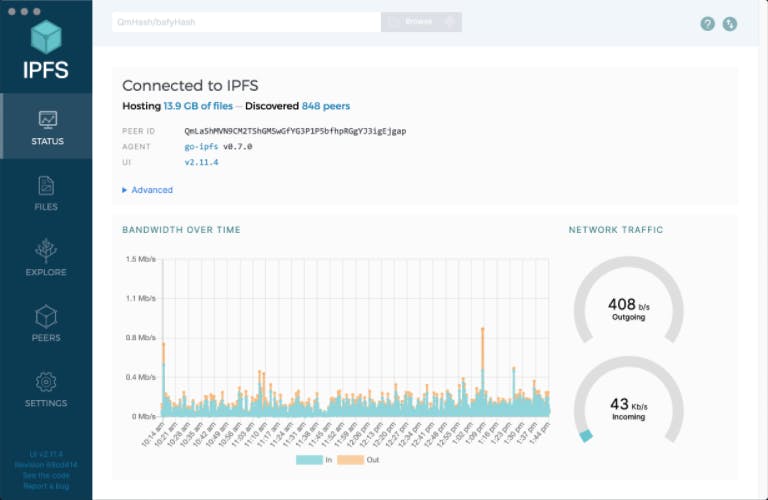 IPFS Desktop interface
IPFS Desktop interface
2. Solid
Your data, your choice. Advancing Web standards to empower people. Solid is a **specification that lets people store their data securely in decentralized data stores called Pods**. Pods are like secure personal web servers for data. When data is stored in someone’s Pod, they control which people and applications can access it.
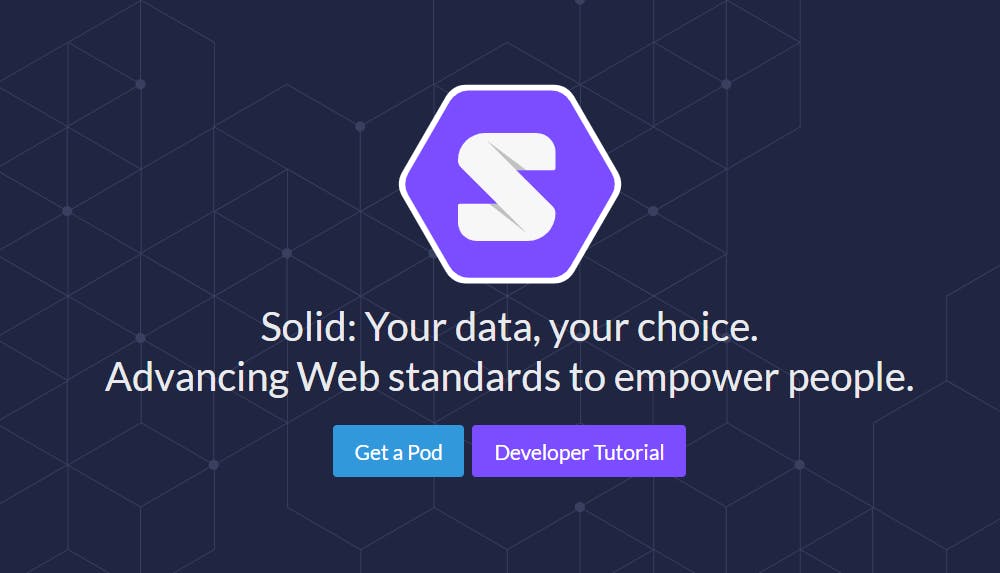
3. Urbit
Urbit is a clean-slate OS and network for the 21st century. It has 2 parts:
Urbit OS — is a reimagining of the operating system as an ‘overlay OS.’ It’s a compact system for an individual to run their own permanent personal server on any Unix machine with an internet connection.
Urbit ID — is a decentralized digital identity system. Your Urbit ID is a username, network address, and crypto wallet.
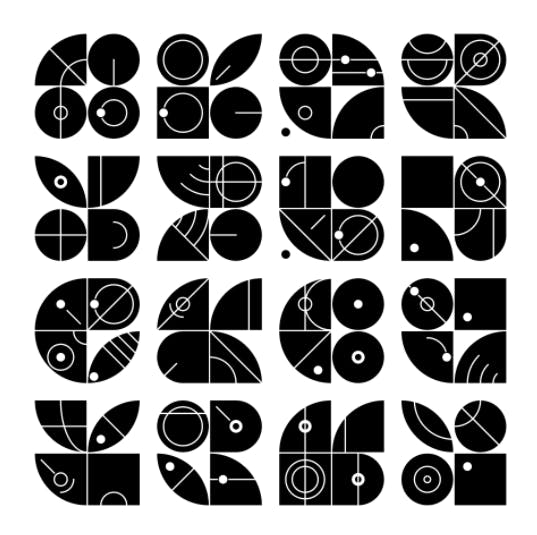 each Urbit ID has it’s own avatar
each Urbit ID has it’s own avatar
Urbit OS + Urbit ID are designed to work together as a single system, are completely open source, and 100% owned by the people who use them.
4. FreedomBox
FreedomBox is a private server for non-experts: it lets you install and configure server applications with only a few clicks. It runs on cheap hardware of your choice, uses your internet connection and power, and is under your control.

5. Diaspora
The online social world where you are in control based on 3 philosophies: decentralization, freedom, privacy
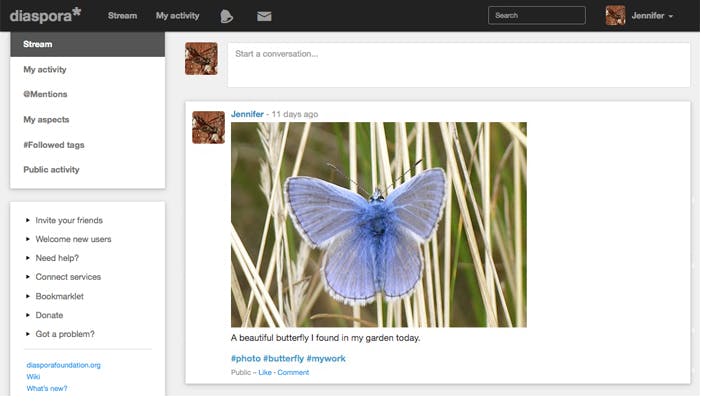
6. Mastodon
Social networking, back in your hands. Follow friends and discover new ones among more than 4.4M people. Publish anything you want: links, pictures, text, video. All on a platform that is community-owned and ad-free.
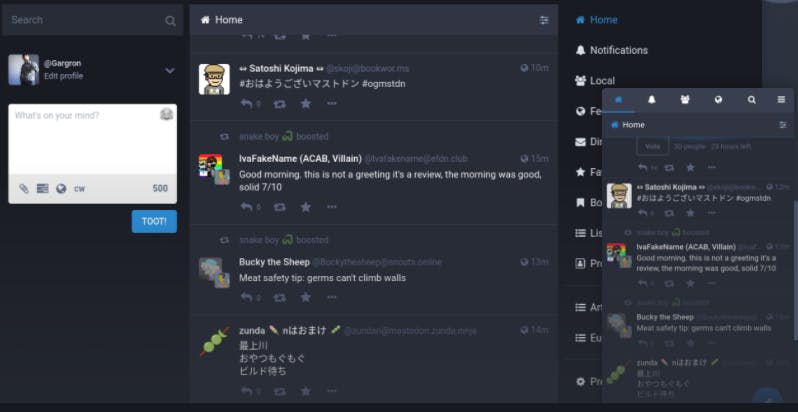
7. Polkadot
A scalable, interoperable & secure network protocol for the next web
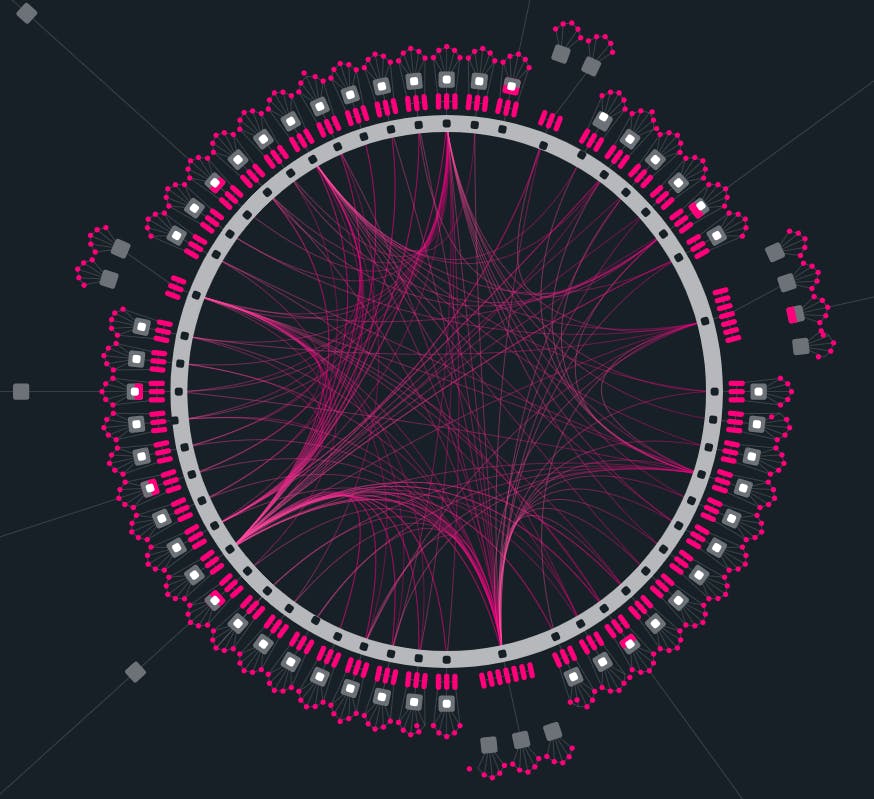
8. Zora
Zora is a universal media registry protocol. It’s a way for creators to publish creative media, earn money on their work, and have others build and share what they create. Because this media is based on a protocol, all this happens without the lock-in of social media platforms.
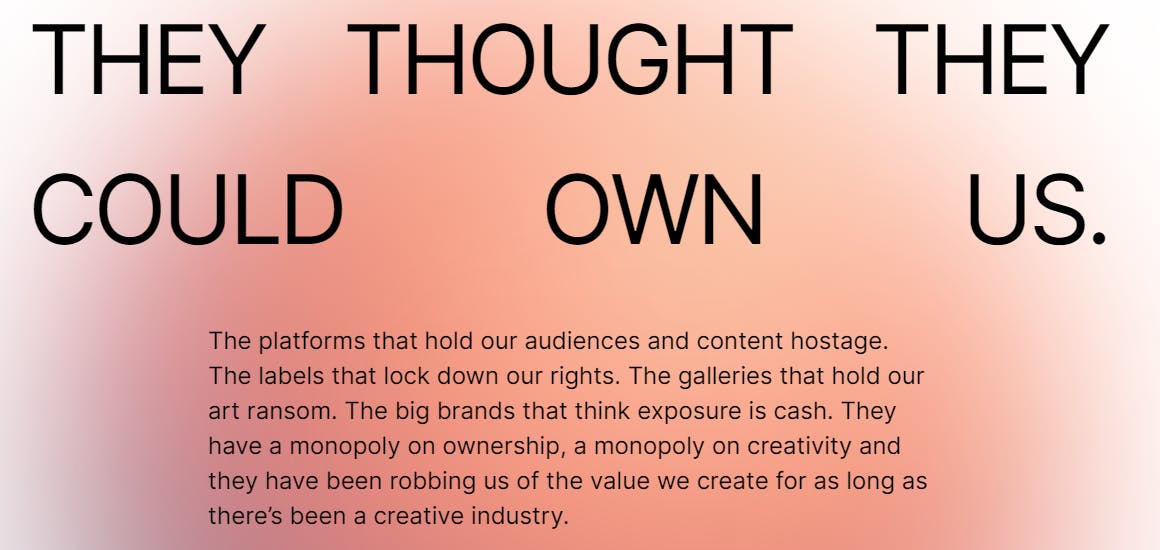 Zora manifesto
Zora manifesto
9. Stacks
A better internet, built on Bitcoin. Stacks makes Bitcoin programmable, enabling decentralized apps and smart contracts that inherit all of Bitcoin’s powers.
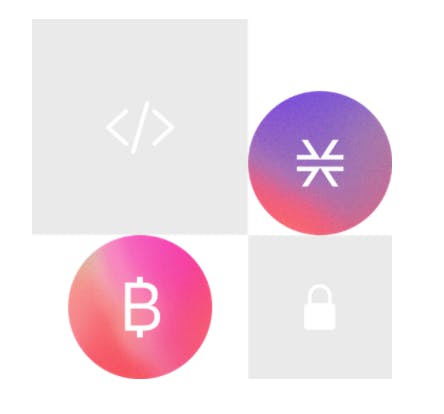
10. Matrix
Matrix is an open standard for interoperable, decentralised, real-time communication over IP.
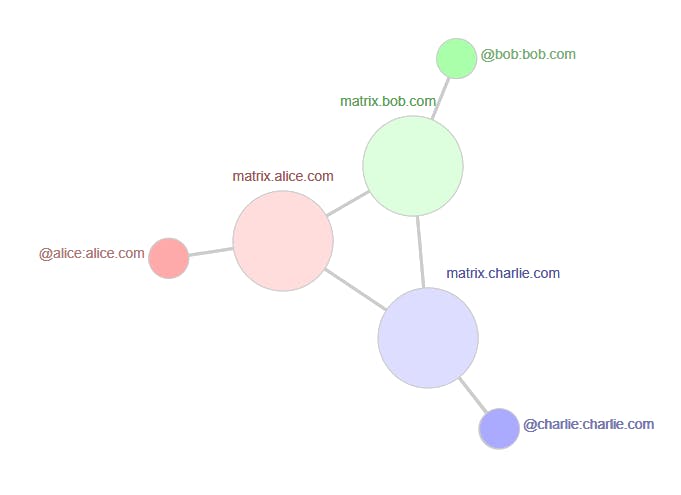
11. Status
Private, Secure Communication. Status is a secure messaging app, crypto wallet, and Web3 browser built with state of the art technology.
Have you used any of these? Or are you interested in trying some of these tools to replace, for example, social networks that we are used to (Twitter, FB, etc.) ? I think it’s nice to see some solutions coming but they have to be carefully designed and thought through.
When it comes to cryptocurrencies there are many so called Dapps (decentralized apps) based on Ethereum and other blockchains.
The short list I put together is my exploration as a newcomer to a block of decentralized technologies. I am curious to see if people are going to switch and adopt these systems in a large scale.
Are you ready to break free and explore these Dapps?

